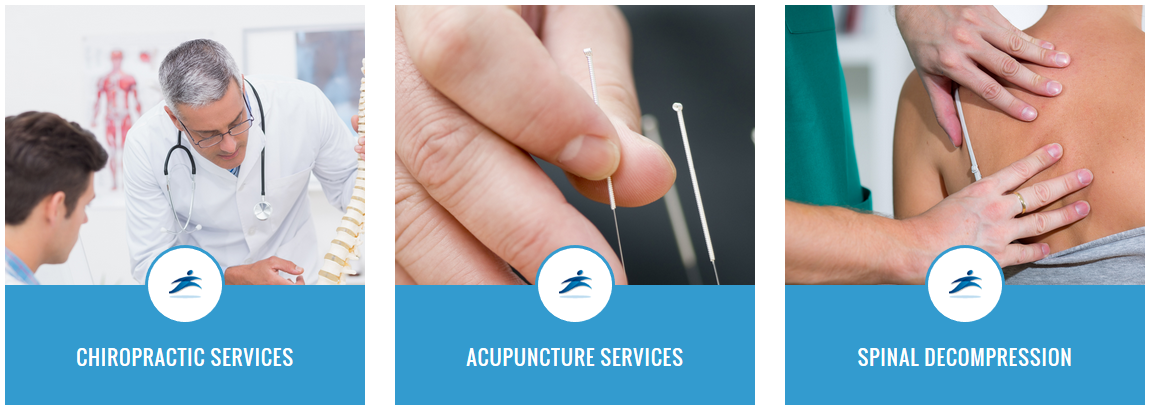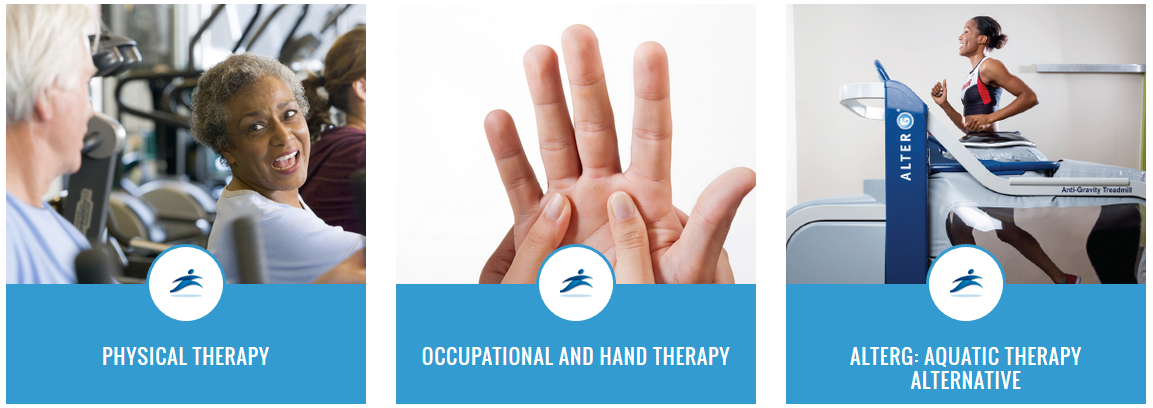What is Frozen Shoulder?
Adhesive capsulitis, also known as frozen shoulder is a musculoskeletal disorder caused by stiff, or inflamed tissues around the shoulder which lead to restricted range of motion (ROM) and moderate to severe pain. Movements such as putting your seatbelt on, scratching your back, or showering become painful and difficult. Disrupted sleeping patterns can also materialize. The actual reason why tissues becoming stiff and inflamed is unknown, but can be linked to myofascial trigger points (muscle knots) that form in the muscles around the shoulder. Knots can induce pain if occurs near nerves, they prevent blood flow into an area, and/or restrict movement. The cause of these muscle knots can vary from person to person, but they are usually attributed to improper movement patterns, improper posture, overuse, or injury.
How Does Frozen Shoulder Happen?
Our body has an amazing ability to adapt to various conditions and situations. It is this ability that helps us improve and get better over time. While normally a good thing, these adaptations can also occur when the body is not in proper alignment. For example, if you are desk bound for most of the day, your body will adapt to this position. Sitting for prolonged periods of time can cause shortened and stiff muscles in both the upper and lower body that can lead to pain once movement occurs. Most do not think about posture when seated or relaxed and this can lead to complications if we are in compromised positions for long periods of time. A common desk worker may sit for 6-8 hours at work, sit in the car/train/bus home, and then sit at home to eat or watch TV. While seated, we tend to fall over into a hunched position with our shoulders rounded. Overtime this can lead to weakness, knots, and stiffness in the shoulder which causes compensations in other areas of the body. Compensations happen when secondary muscles take over the job of primary movers. The stress on the secondary muscles can also themselves lead to stiffness and knots/trigger points.
The Stages of Frozen Shoulder
Frozen shoulder occurs in three stages – Freezing, Frozen, and Thawing. The freezing stage can last several weeks to months, and is characterized by a slow and gradual buildup of pain which restricts the shoulder more and more. The Frozen stage is when pain starts to go away, and partial ROM is restored. Finally, Thawing is where most recovery occurs, and the shoulder is slowly restored to its full ROM. Left to run its course, frozen shoulder will go away within eight months to a year. If the pain is too restrictive, or impacts your daily activities you should give us a call. Our physical therapists will be able to evaluate your situation, and present you with treatment options.
Tips to “Defrost” Your Frozen Shoulder
- Keep moving! Limiting your movement will only serve to make your muscles tighter, and cause more pain. Following a basic stretch routine will help you stay limber and pain-free. Remember to get consistent levels of exercise 2-3 times per week.
- Pain medication. If the pain is too much of a burden, you can take NSAIDs(non-steroidal anti-inflammatory drugs) like aspirin, ibuprofen and naproxen. Follow all instructions on the label as directed.
- Get a Massage! Relieving pressure and knots in your muscles will ease the pain of frozen shoulder, and aid your mobility.
- For more information and some good techniques for relieving frozen shoulder check out this great stretching routine by Harvard Health Publications of Harvard Medical School.
Please consult your physician if you are experiencing severe pain.
Do you, or someone you know suffer from Frozen Shoulder?
[standardButton link=”https://spineandsportsmed.com/contact/” margin_top=”0″ margin_bottom=”0″ target=”_self” icon=”” animated=”off” class=””]Contact Us[/standardButton]



